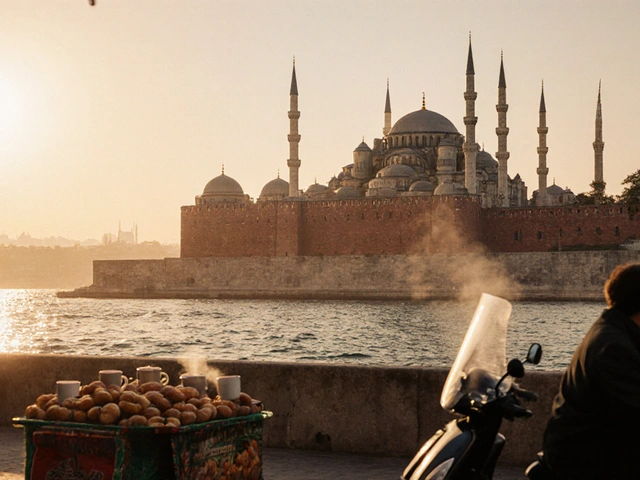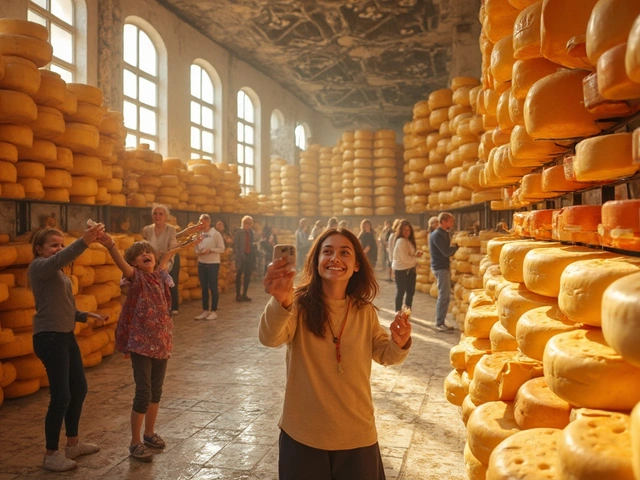Turkish Markets: Your Practical Guide to Istanbul’s Best Bazaars
If you want to feel the pulse of Istanbul, head straight to its markets. Here you’ll find glittering jewelry, fragrant spices, fresh seafood, and locals chatting over tea. No guidebook can capture the noise, smells, and colors better than walking the aisles yourself.
Must‑Visit Markets and What They Offer
Grand Bazaar (Kapalı Çarşı) – With over 4,000 shops, this is the ultimate shopping maze. Look for hand‑crafted lanterns, Turkish carpets, and leather bags. Try the small tea stalls for a quick çay break; the owners love to chat and may give you a better price if you’re friendly.
Spice Bazaar (Mısır Çarşısı) – A food lover’s heaven. Grab saffron, Turkish delight, or a bag of roasted pistachios. The aromas guide you to the best stalls – follow the scent of cumin and you’ll find the freshest nuts.
Kadıköy Market – On the Asian side, this market feels like a neighborhood farmers’ market. Fresh fish, olives, and homemade pide dominate the stalls. It’s less touristy, so you can watch locals haggle over the day’s catch.
Balık Pazarı (Fish Market) in Eminönü – Early mornings bring in the day’s haul. Pick a fish, have the vendor grill it on the spot, and eat it right on the pier. The experience is cheap, authentic, and unforgettable.
How to Shop Smart and Save Money
Start with a smile. Vendors in Turkish markets often start with a high price, expecting you to negotiate. A good rule is to offer about 50‑60% of the asking price and let the back‑and‑forth begin. If the seller laughs, you’re on the right track.
Don’t be afraid to walk away. Many stalls will call you back with a better offer if they see you’re serious about leaving. Carry small change – it shows you’re ready to pay immediately.
Visit early in the morning or late in the afternoon. Early birds get fresher produce and fewer crowds; late visits mean more relaxed bargaining and sometimes end‑of‑day discounts.
Bring a reusable bag. Vendors appreciate it, and it saves you from buying extra plastic. Plus, a sturdy bag doubles as a souvenir.
Be aware of the currency. Most stalls accept Turkish lira only, and some prefer cash. Having exact change speeds up the process and prevents small misunderstandings.
Finally, respect local customs. If a vendor offers you tea, accept it. It’s a sign of hospitality and often a subtle way to build trust before negotiations.
Whether you’re hunting for a silk scarf, a box of fresh baklava, or just a taste of daily Istanbul life, the city’s Turkish markets have something for every traveler. Walk in with an open mind, a ready smile, and you’ll leave with stories – and maybe a few bargains – that last far longer than any souvenir.






